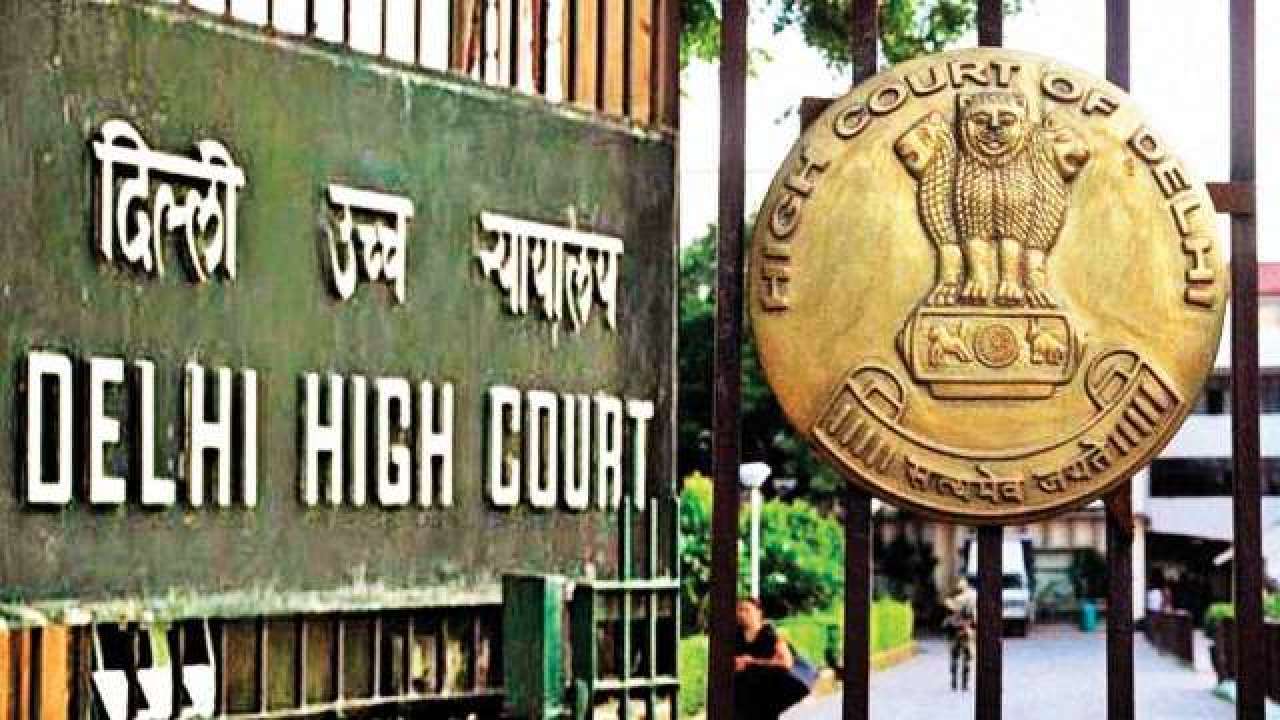Suppression of material and vital facts by the petitioner can become a solid ground for dismissal of a petition. The writ Court can dismiss a petition without even looking into the merits of the matter in case of any sort of twisting of the facts on part of the applicant. In the matter of, Amit Kumar Shrivastava vs. Central Information Commission [W.P.(C) 3701/2018], it was held by Hon’ble Mr. Justice Jayant Nath that a non-disclosure of facts on the side of the petitioner can be enough to dismiss a petition.
It is the grievance of the petitioner that during the hearing, the respondent believed the verbal submissions of the CPIO instead of the written submissions of the petitioner and allowed them to sustain their stand for non-disclosure of the information in respect of all the points by claiming exemption under Section 8(1) (h) of the RTI Act.
The impugned order of the CIC has dismissed the appeal of the petitioner holding that the proceedings initiated by CBI are pending in the appropriate criminal court. Disciplinary proceedings against the petitioner are pending before the concerned Disciplinary Authority and hence, the matter is covered under Section 8(1) (h) of the RTI Act.
A case was registered against the petitioner by the CBI on the allegation of criminal conspiracy of cheating by impersonation, demand of illegal gratification and misuse of official position. He was taken into custody by the CBI and was held under suspension. The concerned court took Suo moto cognizance by the Department. These facts give full background of the case but they were not mentioned by the petitioner in the present petition.
A reference was given to the judgement of Supreme Court in the case of Prestige Lights Limited vs. State Bank of India, (2007) 8 SCC 449 where the Court held that it is of utmost necessity that when a party approaches a High Court, he must place all the facts before the Court without any reservation. If there is suppression of material facts on the part of the applicant or twisted facts have been placed before the Court, the writ court may refuse to entertain the petition and dismiss it without entering into merits of the matter.
The Court stated that, “In the present case, the petitioner has not indicated any possible reason or ground to establish that the disclosure of information as sought by the petitioner would impede prosecution of the offender. It is also relevant to observe that denial of any information available with a public authority, which could assist an alleged offender from establishing his innocence or for pursuing his defence may, in fact, impede the course of justice.”
The impugned order of the CIC was quashed and the matter was remanded back to CIC for consideration afresh in terms of the legal position that “cogent reasons have to be given by the public authority as to how and why the investigation or prosecution will get impaired or hampered by giving the information in question.” The petition was disposed of accordingly.


